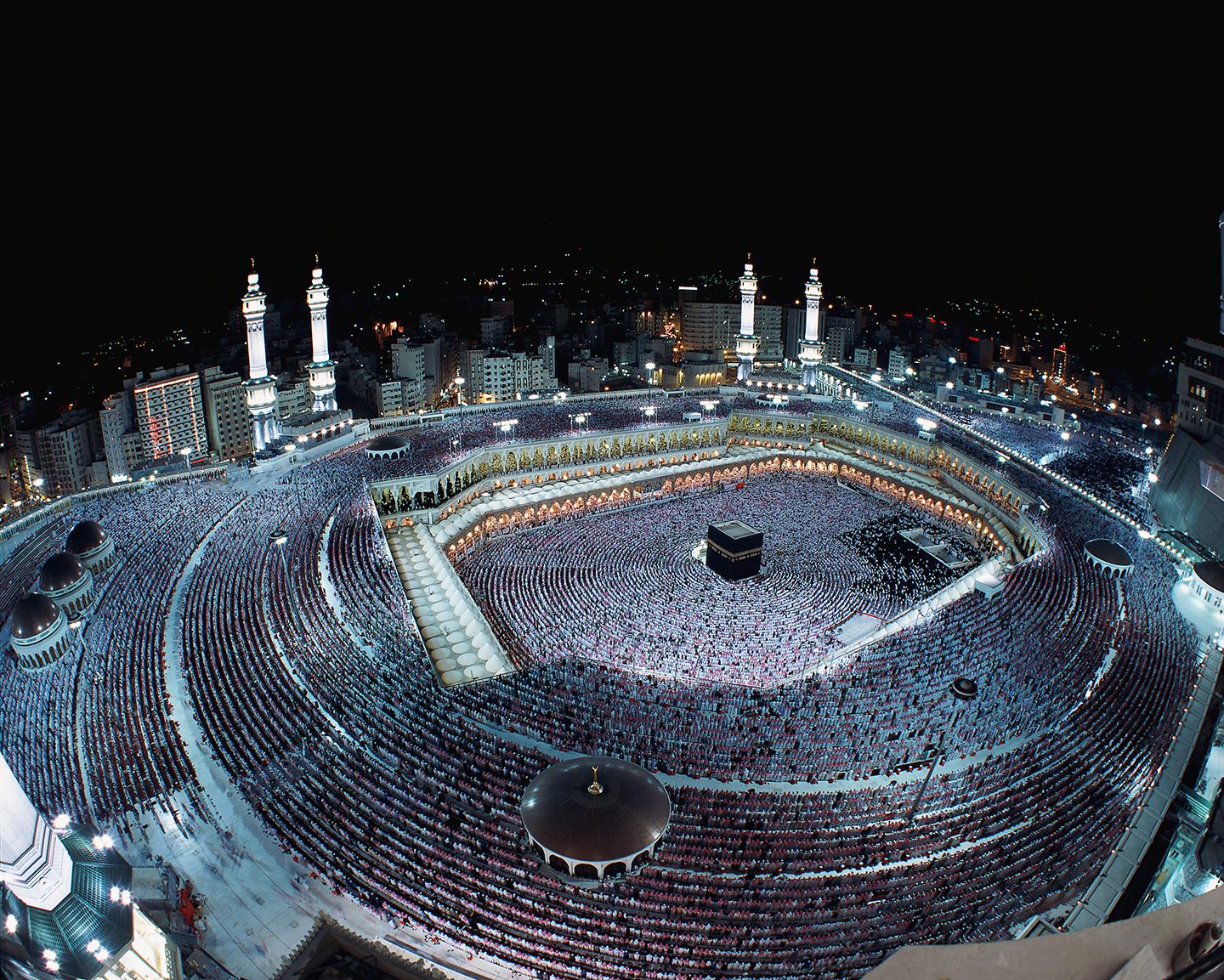How Mecca Pilgrimage Could Help Prevent Health Pandemic
Health workers have come up with a savvy strategy for combating infectious diseases in conflict-ridden countries.
by Jess Craig
Aug 24, 2018
3 minutes

Since early July, Muslims from around the world have been arriving in Saudi Arabia for the hajj, the annual Islamic pilgrimage to Mecca and one of the world’s largest recurring mass gatherings. Along with the pilgrims arriving from over 180 countries—an estimated 2 million by the time the annual ritual ends in late August—are 25,000 health workers to monitor their health.
In recent years, infectious disease outbreaks have spiked because of civil unrest, conflict and mass migration across the Middle East and North Africa. “Wars, published in Frontiers in Public Health.
You’re reading a preview, subscribe to read more.
Start your free 30 days





